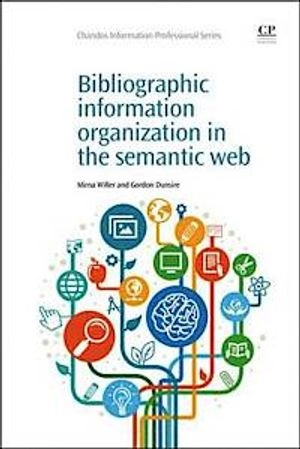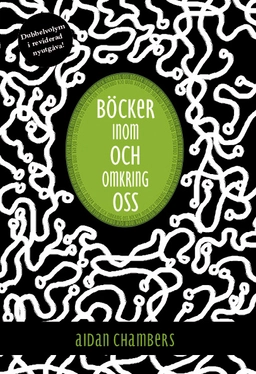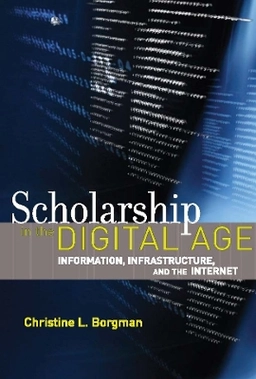

Bibliographic information organization in the semantic web
- Utgiven: 2013
- ISBN: 9781843347316
- Sidor: 350 st
- Förlag: Chandos Pub
- Format: Häftad
- Språk: Engelska
Om boken
Åtkomstkoder och digitalt tilläggsmaterial garanteras inte med begagnade böcker
Mer om Bibliographic information organization in the semantic web (2013)
2013 släpptes boken Bibliographic information organization in the semantic web skriven av Mirna Willer. Den är skriven på engelska och består av 350 sidor. Förlaget bakom boken är Chandos Pub.
Köp boken Bibliographic information organization in the semantic web på Studentapan och spara pengar.
Referera till Bibliographic information organization in the semantic web
Harvard
Oxford
APA
Vancouver



















